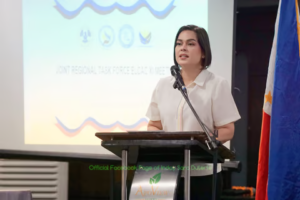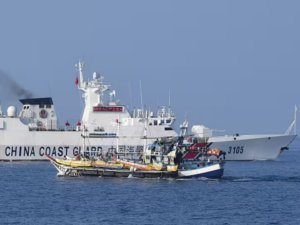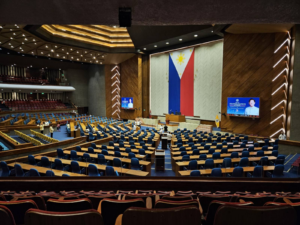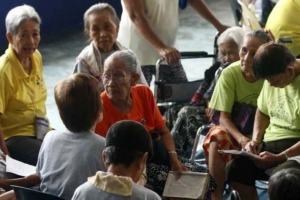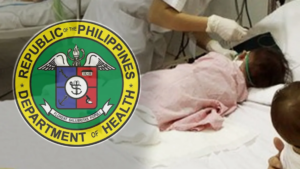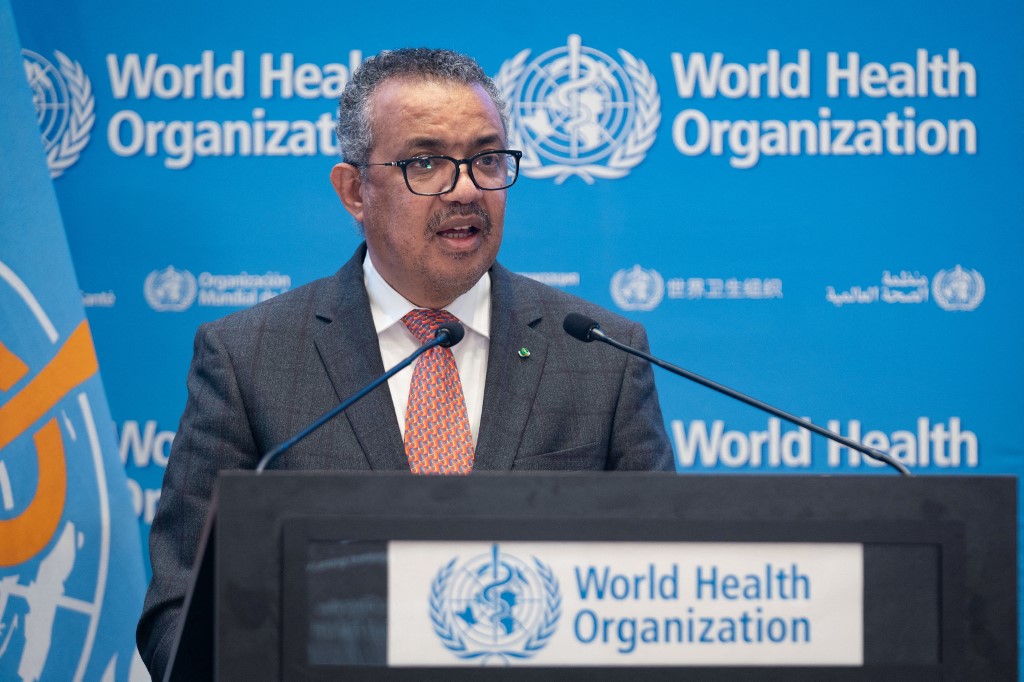
GENEVA – The head of the World Health Organization said Tuesday that he is concerned coronavirus cases and deaths are climbing, stretching health systems while monkeypox is also rising with 9,200 cases reported in 63 countries.
“I am concerned about the increasing trend in Covid-19 deaths – putting further pressure on stretched health systems and health workers. The Emergency Committee on Covid-19 met on Friday last week and concluded that the virus remains a Public Health Emergency of International Concern,” Tedros Ghebreyesus said at a media webinar and noted it was at the WHO’s highest alert level.
Tedros said the Committee noted its concern that sub-variants of omicron, like BA.4 and BA.5, continue to drive waves of cases, hospitalization and death worldwide.
“Surveillance has reduced significantly –including testing and sequencing — making it increasingly difficult to assess the impact of variants on transmission, disease characteristics, and the effectiveness of countermeasures,” he said.
In addition, diagnostics, treatments, and vaccines are not deployed effectively, he said.
Running freely
“The virus is running freely, and countries are not effectively managing the disease burden based on their capacity, in terms of both hospitalization for acute cases and the expanding number of people with the post-Covid-19 condition — often referred to as ‘long-Covid.’”
Globally, the WHO’s new weekly cases increased for a fourth consecutive week after declining since the last peak in March.
During the week of June 27 to July 3, more than 4.6 million cases were reported to WHO, similar to the previous week with 8,100 fatalities.
As of July 3, more than 546 million confirmed virus cases and over 6.3 million deaths had been reported globally.
Regarding monkeypox, Tedros said: “The Emergency Committee for monkeypox will reconvene next week and look at trends, how effective the countermeasures are, and make recommendations for what countries and communities should do to tackle the outbreak.”
“(The) WHO is working closely with civil society and LGBTIQ+ community, especially to tackle the stigma around the virus and spread information so people can stay safe,” he said.
Additionally, the WHO said it continues to work with countries and vaccine manufacturers to coordinate the sharing of vaccines, which are currently scarce, and work with countries and experts to drive research and development. (Anadolu)






